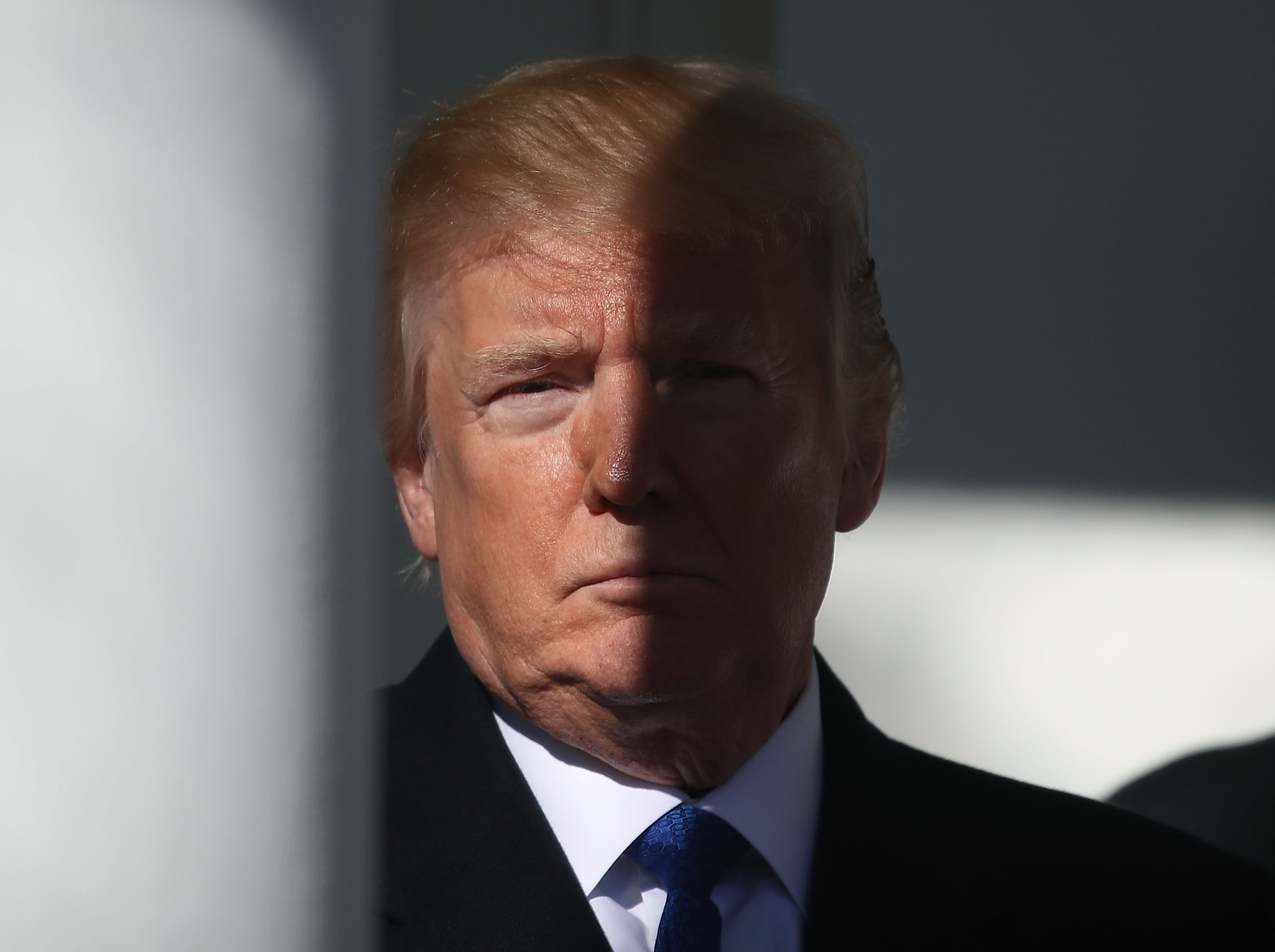Trump's fascinating and bizarre final pardons


A free daily email with the biggest news stories of the day – and the best features from TheWeek.com
You are now subscribed
Your newsletter sign-up was successful
On the last night of his presidency, only a few hours after delivering an enervated farewell address, Donald Trump reminded us why he is one of the most bizarre characters in recent American political life by releasing his final list of pardons.
Trump pardoned some 73 persons on his way out the door and commuted the sentences of 70 others. Some of those on the receiving end of his clemency were famous. Most were not. There are not many lists on which Lil Wayne and Kodak Black will appear alongside Steve Bannon and various disgraced former Republican party officials. I was pleased that Kwame Kilpatrick, the former mayor of Detroit whose sentence of 28 years in prison speaks more to the selective outrage of white suburban housewives in his home state than to the severity of his crimes, will be leaving prison soon.
Many of the comparatively unknown persons were obviously deserving: felons who had served their time honorably and devoted their lives to good works. Others, including the bird killer James E. Johnson, the Israeli spy Aviem Sella, three members of a clan of fraudulent South Dakota beef sellers, and many others guilty of financial crimes, seem more questionable. The strangest addition of all was that of Robert Bowker, who pled guilty three decades ago to the crime of illegally transporting 28 snakes owned by Rudy "Cobra King" Komarek to a reptile house in Miami. It appears that the aforementioned monarch offered Bowker a bribe of exactly 22 alligators, albeit one that he did not accept.
The Week
Escape your echo chamber. Get the facts behind the news, plus analysis from multiple perspectives.

Sign up for The Week's Free Newsletters
From our morning news briefing to a weekly Good News Newsletter, get the best of The Week delivered directly to your inbox.
From our morning news briefing to a weekly Good News Newsletter, get the best of The Week delivered directly to your inbox.
Perhaps even more interesting were those whose names did not appear on the list. Trump did not, as some expected, issue pardons to Republican members of Congress for the non-existent crime of challenging the Electoral College results in a handful of states, nor did he extend them to members of his family. Most important, he did not force the interesting constitutional question of a self-pardon, likely because the legal action to which he is most vulnerable will come either from state governments or from the United States Senate, from neither of which a pardon would have shielded him.
A free daily email with the biggest news stories of the day – and the best features from TheWeek.com
Matthew Walther is a national correspondent at The Week. His work has also appeared in First Things, The Spectator of London, The Catholic Herald, National Review, and other publications. He is currently writing a biography of the Rev. Montague Summers. He is also a Robert Novak Journalism Fellow.
-
 Local elections 2026: where are they and who is expected to win?
Local elections 2026: where are they and who is expected to win?The Explainer Labour is braced for heavy losses and U-turn on postponing some council elections hasn’t helped the party’s prospects
-
 6 of the world’s most accessible destinations
6 of the world’s most accessible destinationsThe Week Recommends Experience all of Berlin, Singapore and Sydney
-
 How the FCC’s ‘equal time’ rule works
How the FCC’s ‘equal time’ rule worksIn the Spotlight The law is at the heart of the Colbert-CBS conflict
-
 Epstein files topple law CEO, roil UK government
Epstein files topple law CEO, roil UK governmentSpeed Read Peter Mandelson, Britain’s former ambassador to the US, is caught up in the scandal
-
 Iran and US prepare to meet after skirmishes
Iran and US prepare to meet after skirmishesSpeed Read The incident comes amid heightened tensions in the Middle East
-
 Israel retrieves final hostage’s body from Gaza
Israel retrieves final hostage’s body from GazaSpeed Read The 24-year-old police officer was killed during the initial Hamas attack
-
 China’s Xi targets top general in growing purge
China’s Xi targets top general in growing purgeSpeed Read Zhang Youxia is being investigated over ‘grave violations’ of the law
-
 Panama and Canada are negotiating over a crucial copper mine
Panama and Canada are negotiating over a crucial copper mineIn the Spotlight Panama is set to make a final decision on the mine this summer
-
 Why Greenland’s natural resources are nearly impossible to mine
Why Greenland’s natural resources are nearly impossible to mineThe Explainer The country’s natural landscape makes the task extremely difficult
-
 Iran cuts internet as protests escalate
Iran cuts internet as protests escalateSpeed Reada Government buildings across the country have been set on fire
-
 US nabs ‘shadow’ tanker claimed by Russia
US nabs ‘shadow’ tanker claimed by RussiaSpeed Read The ship was one of two vessels seized by the US military
